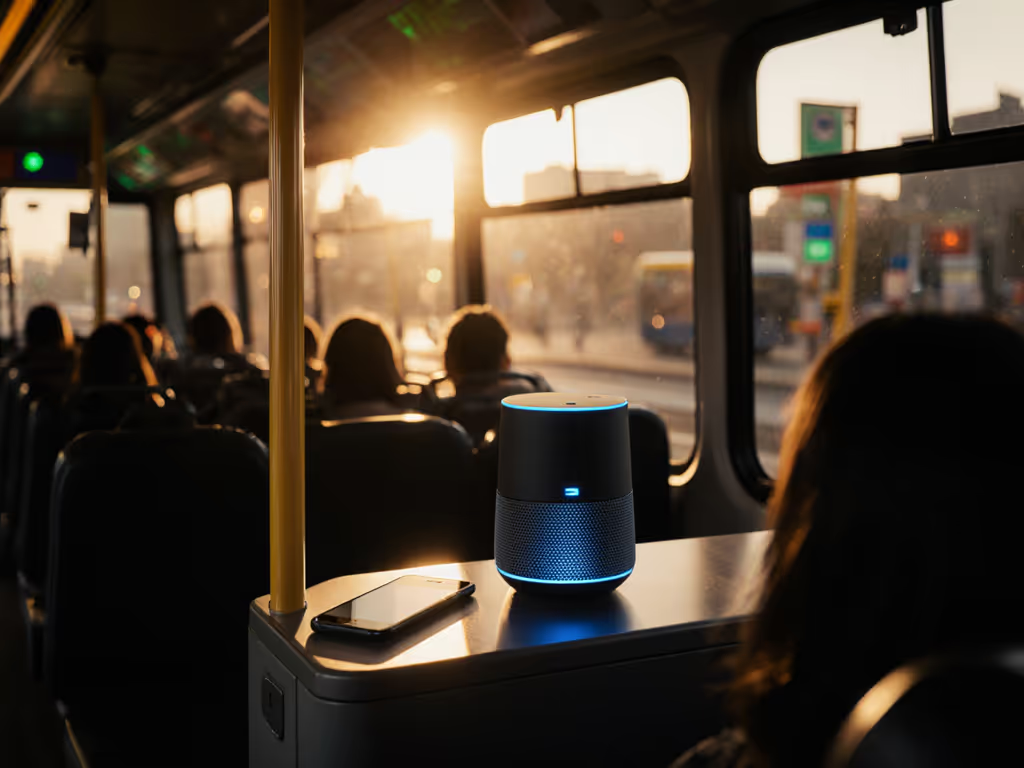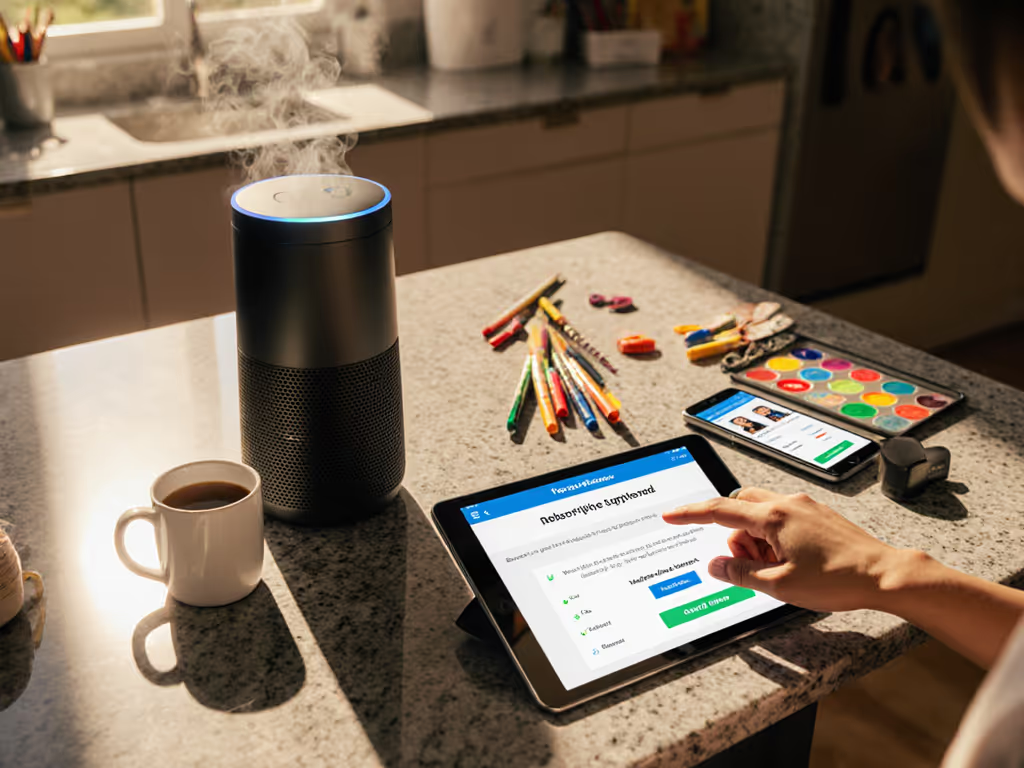

Amina El-Sayed
Local control, data minimization, consent UX, and retention policies for smart speakers.
About
I work with community groups to rebuild trust in home tech through local-first defaults and clear permissions. I audit data flows, spotlight retention policies, and set guest-safe modes that keep functionality without creepiness.
Core Beliefs
Privacy is a usability feature—if guests can’t understand it, it’s not private.
Background
A friend’s child asked why the kitchen speaker knew their nickname. No one remembered granting that permission. We reset, audited every integration, and rebuilt with local control and explicit prompts. The relief on their faces convinced me privacy is a feature you feel—especially when guests and kids are involved.
Perspective
I prefer local processing, explicit consent prompts, and transparent deletion policies over cloud convenience.



